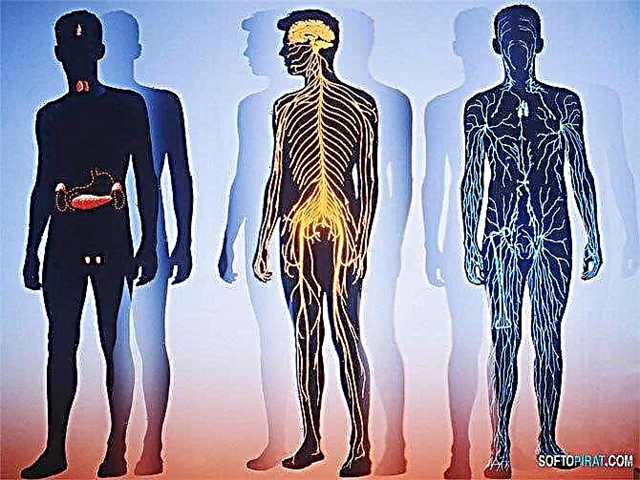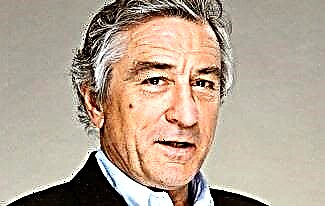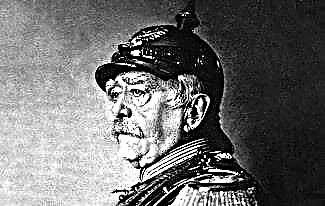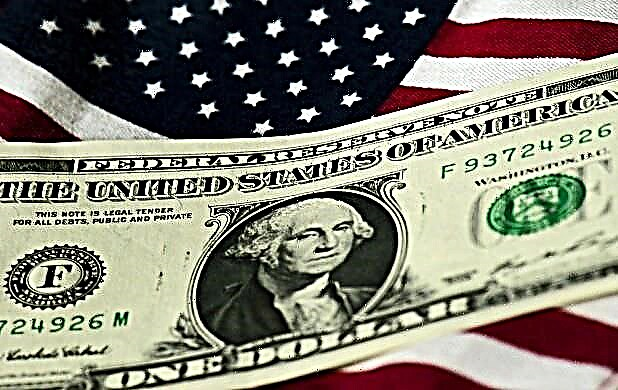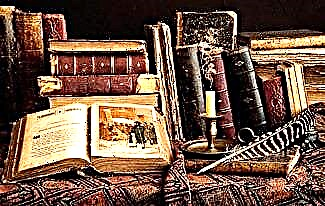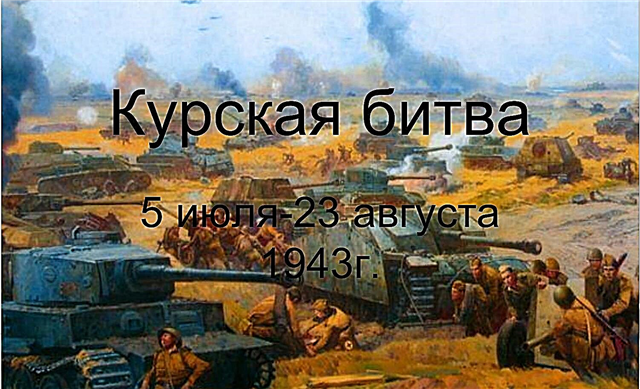The Russian writer Nikolai Gavrilovich Chernyshevsky was an incredible personality. This man combined his literary talent with great knowledge of society, and he was also able to share democratic revolutionary views.
During the Russian Empire, Nikolai Chernyshevsky was considered popular, but the confrontation between him and those in power ended in failure for him. Already during the existence of the USSR, the work of this person acquired a second birth, and his books were replicated on a large scale.
In official documents of that time and in the correspondence between the secret police and the gendarmerie, Chernyshevsky was called "enemy number one of the Russian Empire."

1. Father Nikolai Chernyshevsky was a clergyman from the family of serfs.
2. Until the age of 14, Nikolai Gavrilovich received education at home. His father, who was an extremely educated man, was engaged in his training.
3. Comrades called Chernyshevsky "a book eater" because he read them voraciously, swallowing weighty volumes one after another. His thirst and zeal for knowledge was not quenched by anything.
4. The formation of Chernyshevsky's views was greatly influenced by the circle of I.I. Vvedensky.
5. Nikolai Gavrilovich himself said that Hegel's works also influenced him.
6. For the first time, Chernyshevsky made publications in 1853 in several publications of that time.
7. In 1858, the writer won the honorary title of Master of Russian Literature.
8. The literary activity of this person began with "St. Petersburg Vedomosti" and with "Notes of the Fatherland".
9.From 1861, the police began to supervise Nikolai Gavrilovich because of his connections with a secret revolutionary community.
10. Chernyshevsky's investigative actions were carried out for 18 months. To confirm the guilt of the writer, the commission then used illegal methods - testimony of false witnesses, false documentation, and so on.

11. Chernyshevsky spent about 20 years in prison, in exile and in hard labor in general.
12. During the 678 days that Chernyshevsky spent being arrested, he wrote a text in the amount of no less than 200 author's sheets.
13. An official received 50 rubles in silver for the found manuscript of the novel What Is to Be Done ?, which Nikolai Chernyshevsky lost in his sleigh on Liteiny Prospekt.
14. Nikolai Gavrilovich took some scenes from the works of the French writer Georges Sand.
15. Nikolai Gavrilovich Chernyshevsky was able to translate 12 of 15 volumes of G. Weber's "General History" into Russian, while also trying to make a living.
16. Regardless of everything, Chernyshevsky loved his wife very much. While in exile, he never ceased to delight her. So, carving out a little money from his own meager food, Nikolai Gavrilovich was able to save money and buy fox fur for her.
17. While working at Sovremennik, this writer also in 1855 was able to defend a thesis on the topic: "Aesthetic relations of art to reality." In it, he denied the principles of "pure art" and formulated a new view - "the beautiful is life itself."

18. Relatives of the writer did not accept his wife, and in his hometown there was constant gossip and gossip about the couple's life.
19. From exile, Nikolai sent 300 letters to his wife, but later he stopped writing to her altogether, because he believed that Vasilyev should be forgotten as soon as possible.
20. Ivan Fedorovich Savitsky, who was an underground revolutionary, regularly visited the Chernyshevskys' house. He often went to them not only for business, but also for strong love. From the very beginning, Chernyshevsky's wife charmed Savitsky, and after a while a romance arose between them.
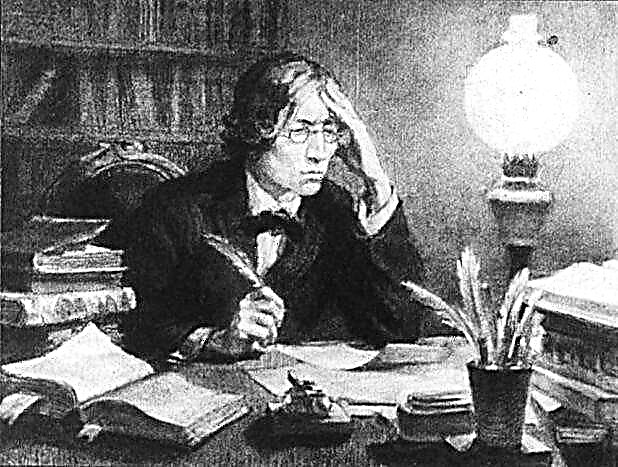
21. Nikolai Chernyshevsky believed that the family should have equality in the duties and rights of the spouses. This position turned out to be quite bold for those times. Nikolai Gavrilovich gave his wife complete freedom of action, up to betrayal, saying that she herself should dispose of her own body as she wanted.
22. One of the most expressive monuments to Chernyshevsky was the one created by the sculptor V.V. Lishev. The monument was opened in Leningrad on Moskovsky Prospekt on February 2, 1947.
23. Nikolai Chernyshevsky in the role of a revolutionary ideologist and novelist was mentioned in the statements of F. Engels, K. Marx, A. Bebel, H. Botev and other historical figures.
24. The writer died on October 29, 1989 due to a cerebral hemorrhage.
25. Many of his wise sayings eventually became aphorisms. These are such as: "Everything good is useful, everything bad is harmful", "Bad means are suitable only for a bad purpose, and only good ones are suitable for a good one", "The strength of man is reason, neglect of it leads to powerlessness."

